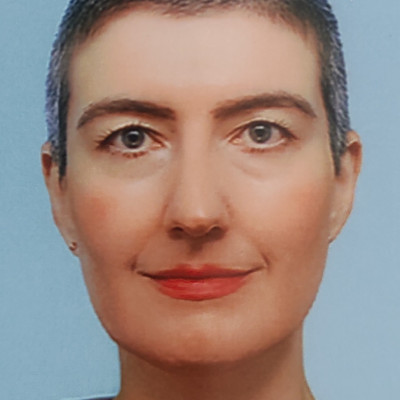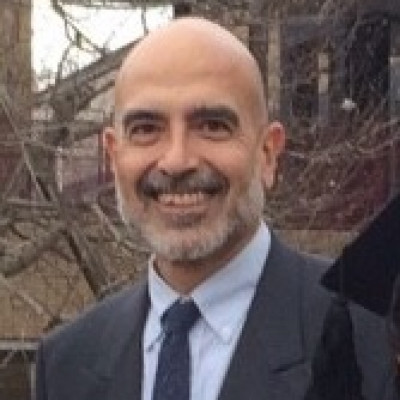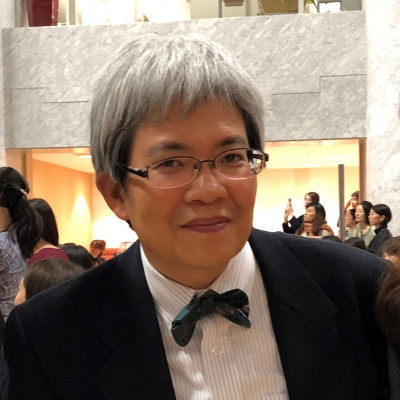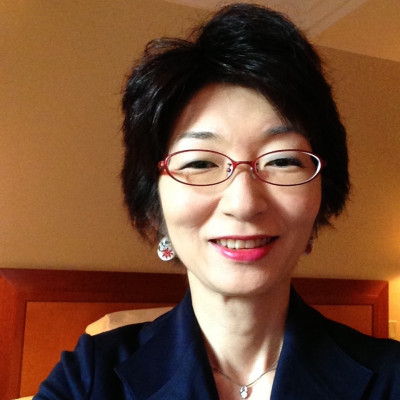Sessions / Teachers: Learning Cafe ラーニング・カフェ 55 minutes / 55分
Exploring Our Identities in Our Communities #3964
Using community development theories, this learning cafe session would explore members’ roles in their communities. Drawing on my studies in social work and community studies, in addition to teaching in Osaka high schools, at a Tokyo university, and now at a university in Tochigi, I would like to share how my identity in these various communities shifted as my view of community did. Examining ourselves and our communities from different perspectives can affect how we see ourselves and our community interactions. Through prompts such as, “How do I view my community?” to “What is my role in my community?” to “What can I contribute to my community?”, can help us to see our importance and how potentially a shift in our viewpoint can make community interaction more positive. Using this session as an opportunity for sharing and exploration can potentially give learners and teachers more meaning into their interactions in their communities.
Curious about Curiosity: Exploring Connections Collaboratively #3935
This session aims to stimulate ideas on ways to bring Curiosity to the core of learning, especially the idea of curiosity as wanting to connect, as well as wanting to know. The session will start with an introduction to Curiosity Studies (Zurn & Bassett, 2022; Zurn & Shankar, 2020), including styles of curiosity, curiosity as edgework, and the importance of curiosity to the process of education. We will also introduce Carse’s (1986) notion of infinite vs finite games, and attempt to connect it to Curiosity and Education. The middle part of the session will have small groups of participants going on 20-minute Curiosity Walks within the campus with a conundrum to explore. Two examples are “Using the idea of Edgework in your teaching / learning” and “Curious about Change and Action”. The final part of the session will be the sharing of these ideas with the aim of building connections.
Encouraging students to recognize and express their positionality #3966
I have long tried to encourage students to 'come out' and express their positionality, which are their worldviews and positions they adopt about their research in relation to their social content (Robinson and Wilson). I have been long interested in raising students’ awareness of their positionalities. This interest stems from my background as a person of color from an English L1 context whose socio-economic background jars with the current educational context (a private women's university) where I work. Years ago, I tried to coax my seminar students to confront their socio-economic capital and social class with definitions of social identities, but their lack of response left me dissatisfied. This year I have attempted to raise awareness of students' positionality with several activities/exercises. This session will be structured with a number of mini-sessions with these activities, aimed at generating ideas and insights to encourage students to reflect and express their positionality and social identities, Also, this session will explore how students can express themselves in their position statements and graduation theses. More than finding success, I hope together, we can reflect on these proactive teacher efforts. The merits/demerits of these activities in Japan's risk-adverse society will also be considered.
Teachers and their experiences as language learners #3986
In the past decade studies on adult language learners, including mature students, has received much attention world-wide. However, language teachers focusing on their own language learning seems to be an under-studied area, especially among those who have taught or currently teach in Japan (Simon-Maeda, 2011; Casanave, 2012; Ellis, 2021). In this Learning Café session, I invite language teachers to participate in two activities: one is self-reflective; the other, collaborative. After I provide my language learning history, teachers will first share their own experiences as language learners. Next, participants will be asked to work in small groups by teaching context to come up with ideas on how to incorporate their own language learning experience into their teaching. By the end of this session, it is hoped that teachers will reflect on their own experiences and work collaboratively to explore ways they can successfully weave them into their teaching in order to motivate and enhance student learning.




